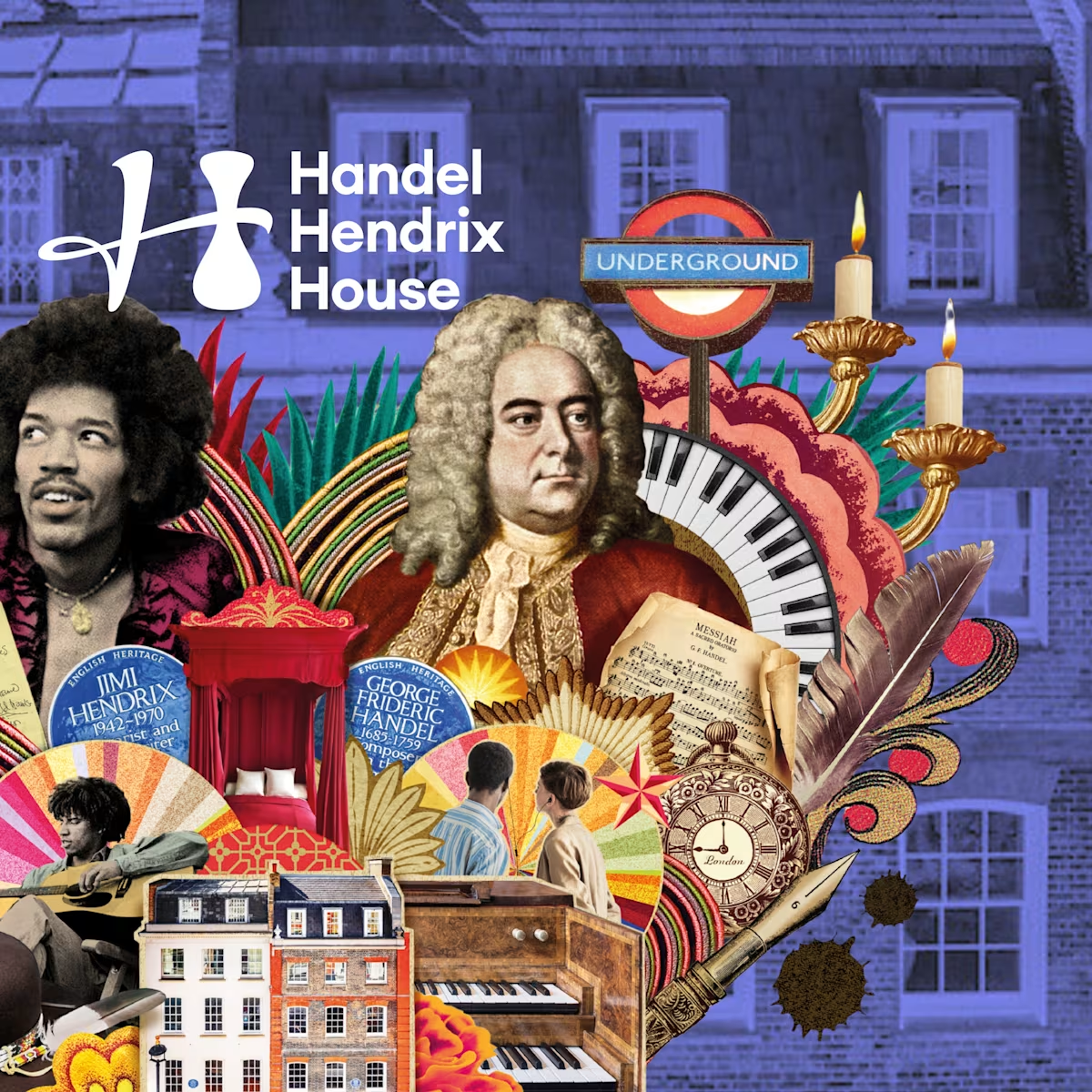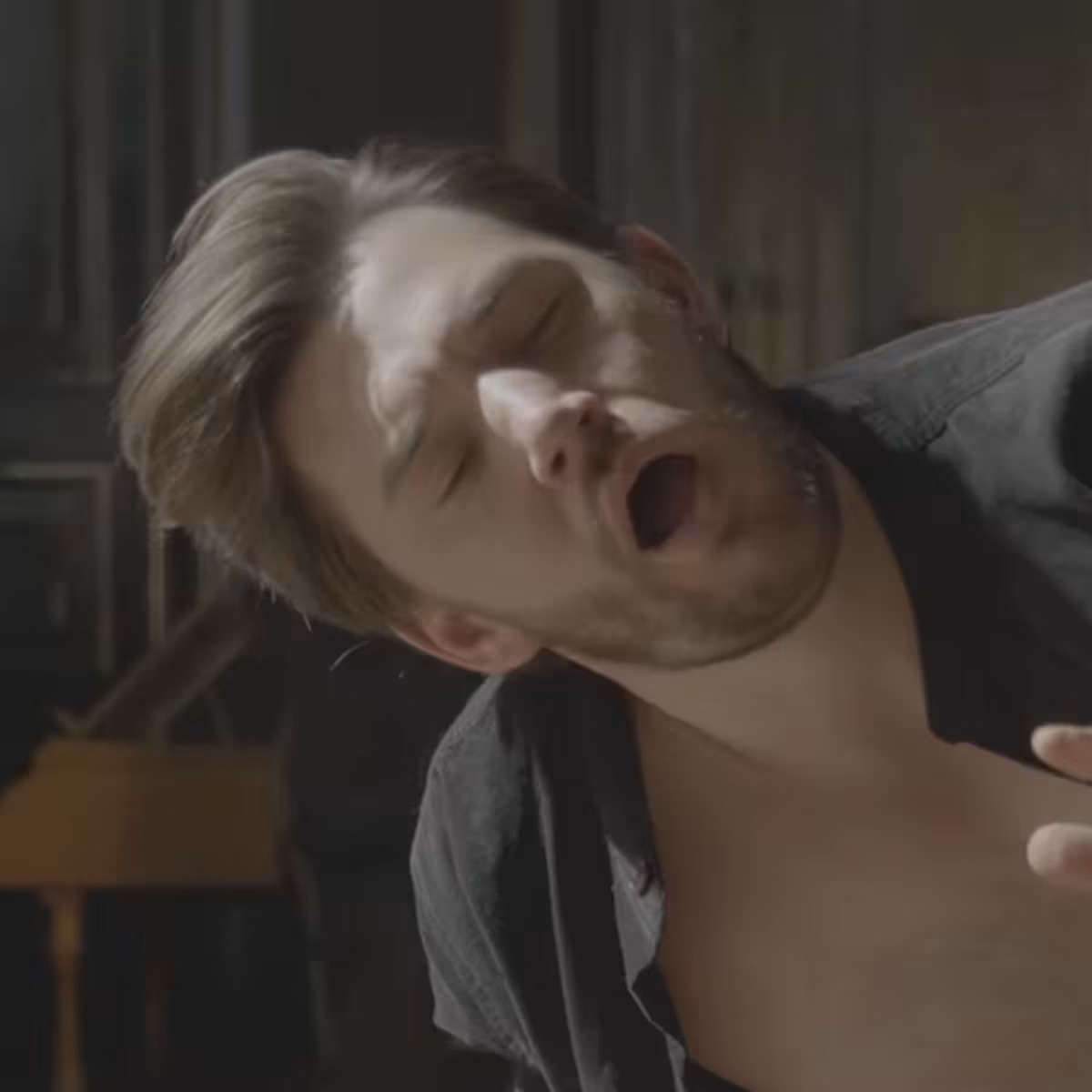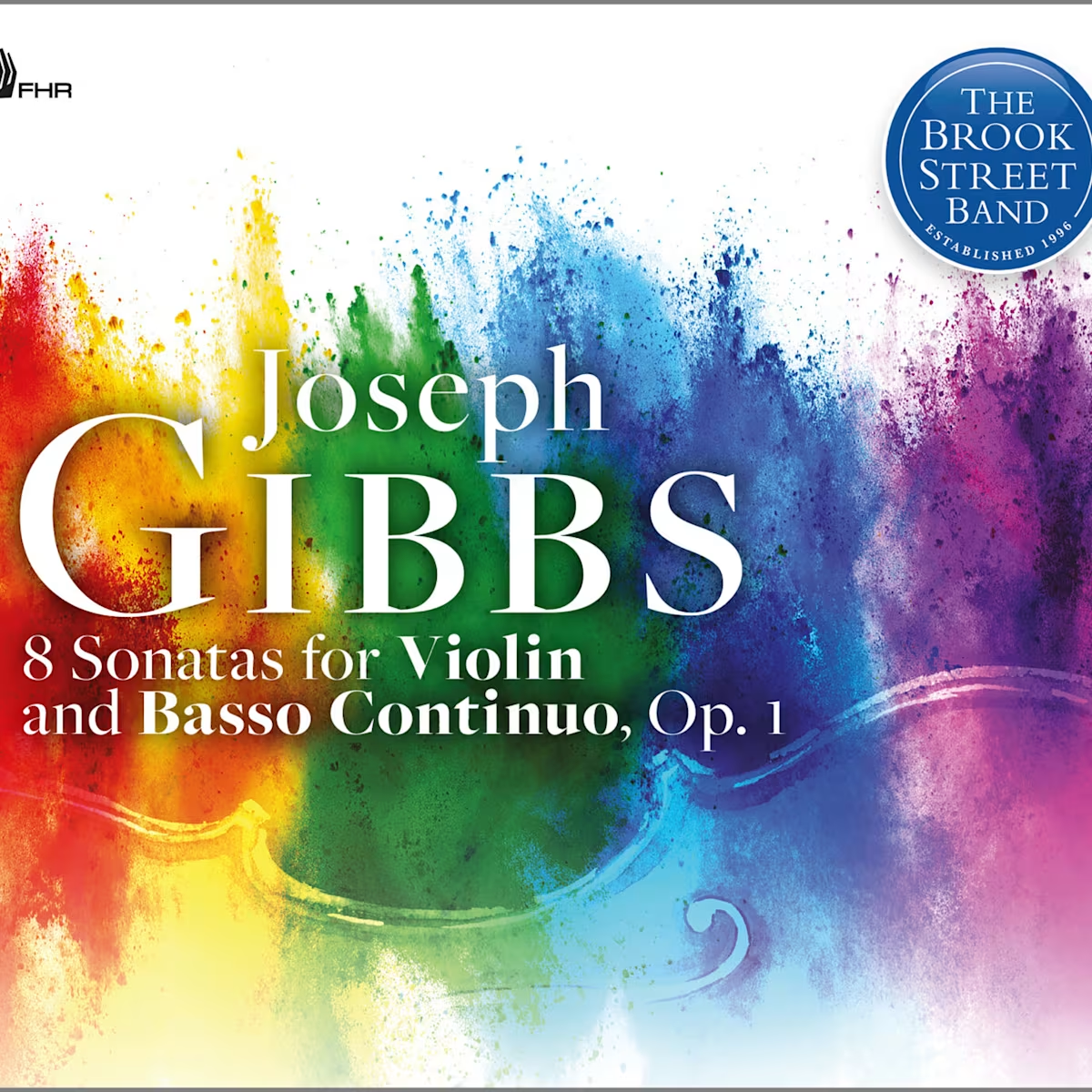Spotlight
In conversation: Tatty Theo
Continuo Connect meets Baroque cellist Tatty Theo
Share this

FIRST PUBLISHED 23 NOV 2023
Baroque cellist Tatty Theo has broadcast and performed as a soloist at festivals throughout Britain and Europe. A lifelong passion for Handel and a love of performing chamber music are two of Tatty’s driving forces and this was instrumental in her founding the award-winning period instrument group The Brook Street Band. As well as performing, Tatty writes about Handel and 18th century music in general, and she is currently working on the first two chapters of a book about William Pleeth, having been awarded a Finzi scholarship to research his musical life in London pre-1930 and his studies in Leipzig from 1930–32.
What is your idea of perfect happiness?
Coffee, being in nature (ideally close to the sea), the satisfaction of an intense workout from doing a physical project where you can see the result (gardening, decorating etc) followed by a swim, then a fabulous home-cooked meal in Norfolk with family and friends. Baked goods ought to feature too. You did ask…!
What is your greatest fear?
I guess I have the usual fears – something awful happening to someone I love – but aside from that, I’m deeply claustrophobic; I’m terrified of getting trapped in an enclosed space.
What is your superpower?
I love a good challenge, the tougher it is, the more I sink my teeth into it. It doesn’t matter whether it’s music or anything else for that matter. I absolutely love the Jerome Kern song ‘Pick yourself up’ and these words especially:
Nothing's impossible I have found,
For when my chin is on the ground,
I pick myself up,
Dust myself off,
Start all over again.
Don't lose your confidence if you slip,
Be grateful for a pleasant trip,
And pick yourself up,
Dust yourself off,
Start all over again.
What are your hobbies and interests outside music?
I love outdoor activities such as swimming, running, and cycling, being in ancient woodlands (forest bathing), staring at the full moon, watching the sun go down, either over the sea or a favourite field in Norfolk (where I spend a lot of time) and photography. I’m fascinated by social history of all periods and listen to a lot of history podcasts.
What is it that you most dislike?
I’d have to say mayonnaise.
There are several more serious contenders including Brexit, lying politicians, the marginalisation of music and the arts in education… I could go on…
What’s so special about early music concerts?
The feeling of creating this special and inviting ‘lost’ sound-world, a portal to another era, the closest we get to time-travel. Experimental archaeologists.
What will someone living 400 years from now think about “early” music?
There’ll have been a fundamental shift in the world by 2423; like sea levels, pitch will have risen so much that only dogs and bats will be able to hear any music.
Hopefully, though, there’ll be people around to appreciate “early” music, although the gulf of time makes it impossible to imagine what they’ll think, and whether by then something like Stravinsky’s Rite of Spring will seem as early to them as medieval troubadour songs might seem to us, in terms of the musical language.
I hope music in 400 years is being made by humans rather than computer-generated sounds and AI.
What is your earliest musical memory?
Dancing round my grandparents’ record player, listening to some ‘Bibaldi’ (AKA Vivaldi) when I was about 2 or 3 years old.
How has classical music influenced your life outside of performing?
It’s always been a part of my life, as I grew up in a musical family, both my grandparents (William Pleeth and Margaret Good) were successful soloists. I spent a lot of my childhood at their house, live music always in the background, literally, as I sat in the kitchen doing my homework. Classical music was intrinsically woven into the fabric of everyday life; it’s continued to be a huge influence on my life outside performing; my husband is actively involved in the music world running a venue and my boys are involved in music.
I can’t imagine my life without music, although outside of performing I do go through periods when I don’t listen much. I often have a Handelian soundtrack running through my head anyway and when I want to ‘pause’ that I dip into music of different periods according to my mood. I listen to a lot of jazz, I love 19th century chamber music and I love choral evensong.
What's your favourite part about collaborating with other musicians?
It’s such a thrill and so stimulating to collaborate, exchanging ideas, trying new things with this shared understanding that we’re all speaking not just the same language but the same idiosyncratic dialect. That’s certainly the case in the Brook Street Band after so many years together. We all babble away in ‘Handel’, but you never quite know what the outcome will be, a bit like hearing a favourite and much-loved story told for the umpteenth time to which there’s always a new embellishment.
How do you approach interpreting a piece of music?
It depends on what it is. If it’s repertoire by a core composer such as Bach or Handel there’s an ease with which I slip into the musical language, certainly after more than 30 years of exploring baroque repertoire. If there’s text, I’ll start with a translation, as that impacts how I explore the music. I try not to listen to other performers’ interpretations, at least until I’ve got a good idea myself of how I want to approach it. We tend not to write much in the music at Brook Street Band rehearsals, so the interpretation can change radically according to our mood. I find that very liberating, and love not knowing what might happen next, just sparking off what we give each other to play with.
How do you balance tradition and innovation in your music?
The tradition element comes from the tools we use, the history and research we undertake, and the innovation comes from what our modern-day existence brings to this music, what’s going on in our lives at any one point, how we relate to each other, our lived experiences at that moment. I like to think one balances the other, giving freedom and creativity within certain parameters.
Can you describe a particularly challenging or rewarding moment in your musical journey?
Finding the energy and nerves of steel to perform Bach Gamba Sonatas on the cello (i.e., limited to four strings rather than the six of the gamba) in a concert that started several hours late (we went on stage just before midnight) ranks as one of the more challenging moments. I’d been up since 6am that day. I still remember the absolute high I felt afterwards when it was over. So, really, that was also a rewarding moment too.
If you could meet anyone from the past, who would it be?
I’m tempted to say Handel of course... but what if he didn’t live up to my high expectations?
I don’t know if this counts as meeting, but I’d like to spend time with my grandparents during the 1930s, 1940s and 1950s, just to experience this heady and creative period in music-making in England. Maybe I could be their roadie.
Tell us a joke
I’m rubbish at jokes, so this is one of Carolyn’s, Brook Street Band’s harpsichordist:
What has a harpsichord and your granny got in common? They’re both temperamental and hard to get in and out of cars.
Share this
Keep reading

Handel at home: life and music on Brook Street
Continuo Connect’s Simon Mundy explores the history of the Handel Hendrix House as the museum celebrates its 25th anniversary.

Bellot Ensemble | Cavalli: ‘Delizie, contenti’
Bellot Ensemble and tenor Kieran White perform ‘Delizie, contenti’ from Francesco Cavalli's 1649 opera, 'Il Giasone' on the album, ‘Cupid's Ground Bass.’

Joseph Gibbs: 8 Sonatas for violin and basso continuo, Op. 1 | The Brook Street Band
Joseph Gibbs is one of the 18th century’s best-kept secrets; his music is characterful, fusing the best of Italianate virtuosity with English and quirky humour.

